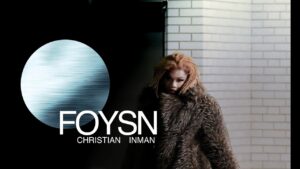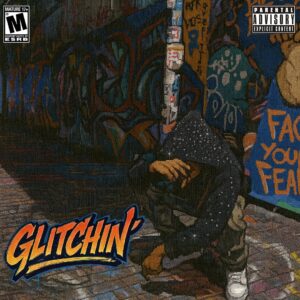In a recent episode, the Bad For The Community podcast crew offered a candid response to the outcome of Diddy’s federal trial. The conversation dissected the legal results, prosecutorial missteps, public reaction, and the wider implications for both survivors and cultural accountability.
Diddy was convicted on prostitution-related charges, including paying for and transporting sex workers across state lines. However, he was acquitted on more serious counts, including racketeering (RICO) and arson. The podcast panel criticized federal prosecutors for their handling of the case, citing a lack of preparation and an overreliance on salacious details to drive the narrative. They argued the case was built more for headlines than conviction.
A major concern raised was how victims, especially Cassie, had their private trauma publicly aired without any meaningful legal accountability for the most serious accusations. The speakers underscored the emotional damage done when deeply personal experiences are turned into media spectacle, only to result in minimal consequences for the accused.
While Diddy avoided some of the most severe charges, the podcast made it clear that the verdict does not absolve him in the court of public opinion. The group described the overall impact on Diddy’s career as irreversible, noting that regardless of legal technicalities, his social and cultural standing has been effectively dismantled.
The episode also addressed the behavior of other public figures who have continued to align themselves with Diddy. The crew criticized artists such as Jay Electronica and Kanye West, framing their support as a failure of moral accountability.
In the absence of full legal justice, the discussion emphasized the role of collective action. By withdrawing support from those who enable harmful behavior, the community can enforce real consequences. The speakers pointed to cultural exile and public disengagement as tools for maintaining accountability where legal systems fall short.
The episode briefly revisited the recurring question of whether it’s possible, or responsible, to separate creative output from personal behavior. Referencing past statements from artists defending problematic figures, the podcast acknowledged the complexity but leaned firmly toward holding artists accountable for their actions, regardless of their legacy.
The Bad For The Community podcast offered more than just reaction. They provided analysis of the system’s failures, the cost to survivors, and the growing influence of public accountability in shaping reputations. While the legal process may have failed to deliver full justice, the podcast made clear that cultural reckoning continues, with or without the courts.












